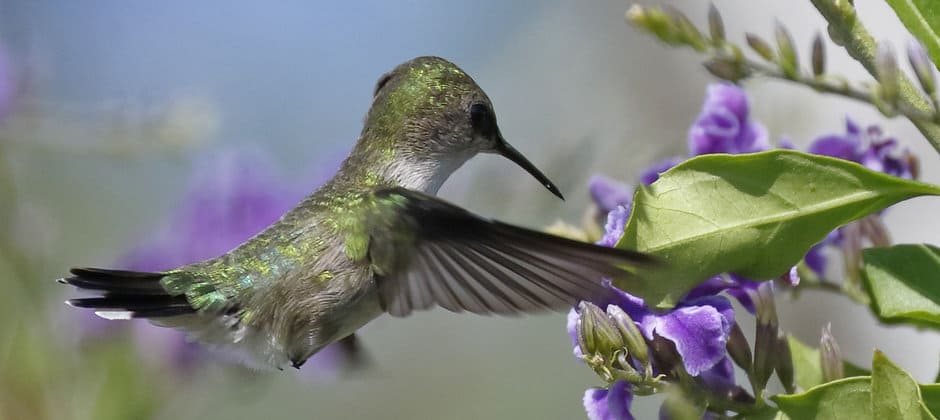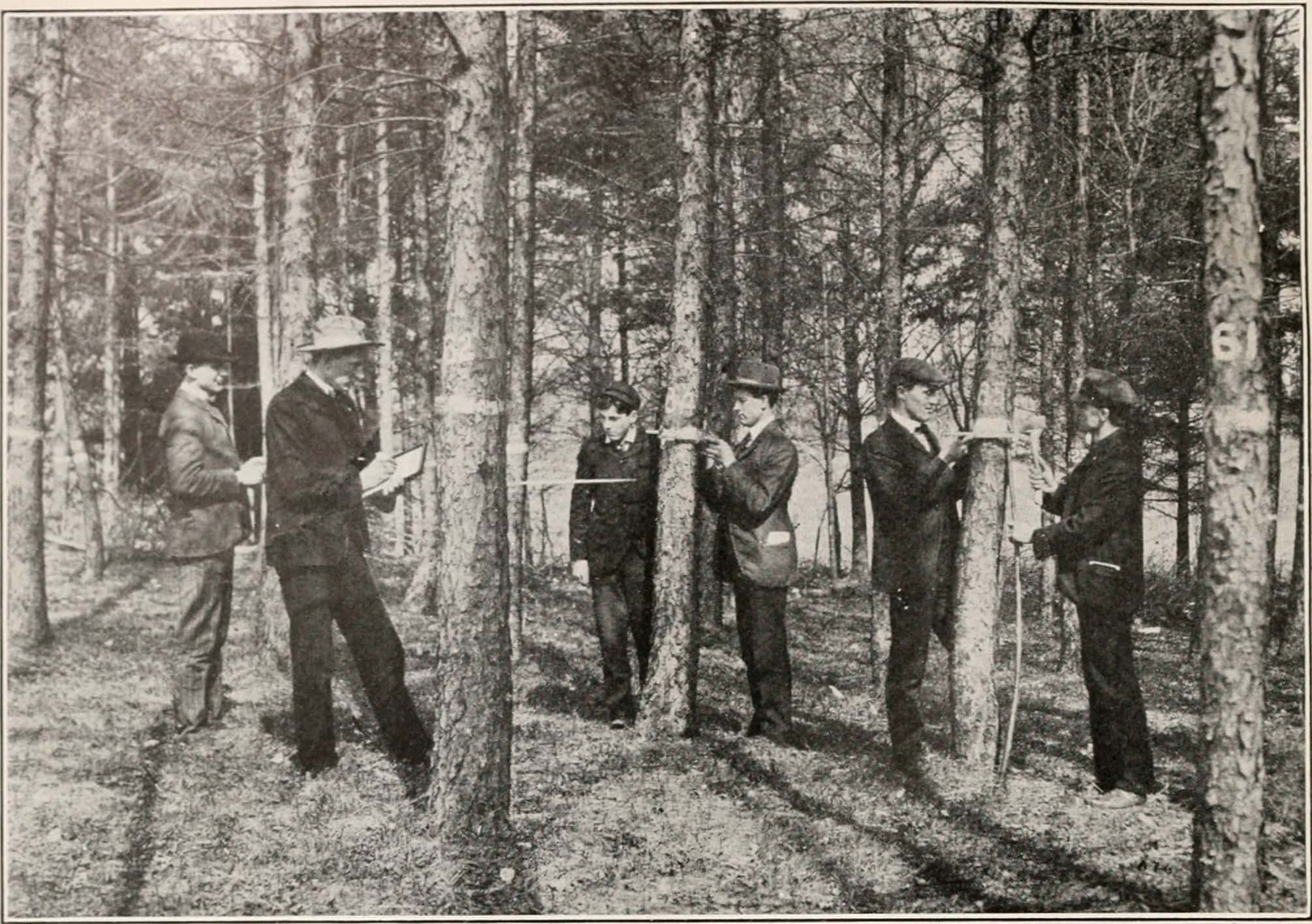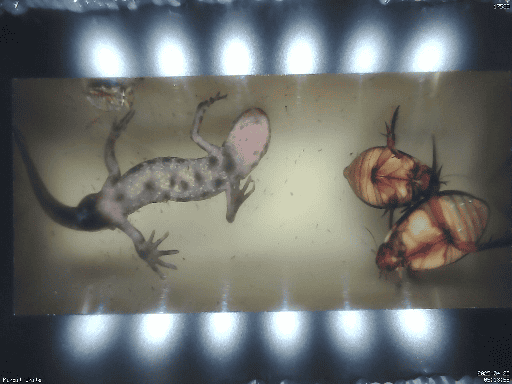Share this article
Seventy-five species to be added to the Migratory Bird Treaty Act
The U.S. Fish and Wildlife Service will add 75 species to the list of bird species covered by the Migratory Bird Treaty Act. The agency will also remove eight species.
The Migratory Bird Treaty Act of 1918 protects over 1,000 migratory bird species across the United States by making it illegal to take, possess, import, export, transport, sell, purchase, barter or offer for sale, purchase or barter, any migratory bird (or part of one), or a migratory bird nest or egg, without a valid permit. The U.S. Fish and Wildlife Service, which enforces this law, defines “take” as to “pursue, hunt, shoot, wound, kill, trap, capture or collect, or attempt to pursue, hunt, shoot, wound, kill, trap, capture or collect.”
Last week, the USFWS proposed adding 16 species that qualify for MBTA protection and have not been added previously, adding 30 species based on new distributional records that show their occurrence in the United States, and adding 29 species that are newly recognized or eligible for protection, after recent taxonomic changes.
Species being added to the MBTA list include cackling goose (Branta hutchinsii), rufous night-heron (Nycticorax caledonicus) and common kingfisher (Alcedo atthis).
The Service will also make various editorial changes, including correcting the spelling of some species, as well as changing the common name of 43 species and the scientific name of 135 species to conform to accepted use. Eight species were removed from the MBTA list because, as a result of recent taxonomic changes, these species are not known to occur within the boundaries of the U.S.
The list of species protected under the MBTA was last updated in 2013, and since then, there have been a number of taxonomic changes at the “order” and “family” level, which necessitated changes to the list. The changes will go into effect on May 18.
The administration’s implementation of the MBTA has been in the news recently, as the Department of the Interior works to codify its new interpretation of the act, which states that the law only applies to the intentional take of birds. Previously, the MBTA has been interpreted as having the authority to prohibit both the intentional take of migratory birds and their accidental — or incidental — take.
The Wildlife Society is concerned about the change in implementation of the MBTA and recently submitted comments to the Service, asking it to rescind the proposed rule and renew the department’s longstanding interpretation of the act.
Header Image: The vervain hummingbird (Mellisuga minima) is one of the species the U.S. Fish and Wildlife Service is adding to the list of species protected by the Migratory Bird Treaty Act. ©Dave Curtis








